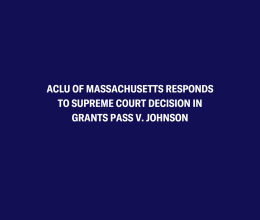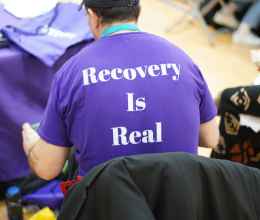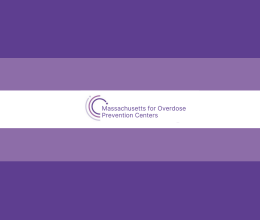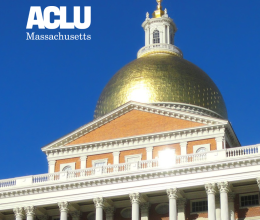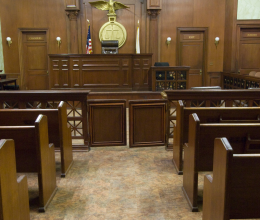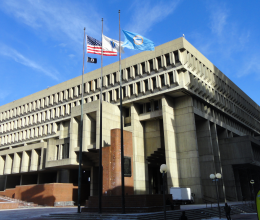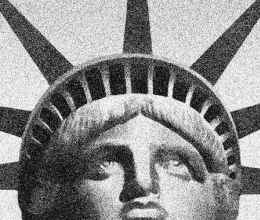
State high court ruling on case brought by the ACLU of Massachusetts, the national ACLU, and Foley Hoag LLP provides safe harbor for those who challenge wrongful convictions based on tainted evidence from the Hinton state drug lab.
The highest court in Massachusetts today provided a safe harbor for thousands of people with tainted convictions stemming from Annie Dookhan's misconduct at the Hinton state drug lab. In a case brought by the American Civil Liberties Union of Massachusetts, the ACLU's Criminal Law Reform Project, and Foley Hoag LLP on behalf of three individuals affected by the lab scandal, the Supreme Judicial Court issued a sweeping defense of due process, ruling that people may challenge their wrongful convictions without fear of retaliation by prosecutors.
The following statement may be attributed to Matthew R. Segal, legal director of the ACLU of Massachusetts:
"Today's decision is a profound victory for tens of thousands of people who were denied due process by misconduct at the Hinton Lab, and for anyone who has a stake in the integrity of the Commonwealth's criminal justice system. For years, many of Annie Dookhan's victims have worried that challenging their tainted convictions could subject them to even harsher convictions and sentences. Many others did not even know that they could challenge their convictions in court, because public officials neither identified all of Dookhan's cases nor directly notified her victims.
"In a sense, many people did not know how to find the courthouse doors, and many others were too afraid to knock.
"The Supreme Judicial Court has now outlined a path for addressing these massive violations of due process and for restoring integrity to the justice system. Under the Court's landmark legal ruling, defendants can now challenge their tainted convictions without fear that prosecutors will respond by seeking to revive harsher charges or potentially harsher sentences that the prosecution had relinquished in a plea bargain. And, although prosecutors were unwilling to help identify defendants before we filed this lawsuit, the Court has now called upon prosecutors to identify the thousands upon thousands of victims of this scandal. We look forward to working with the courts, district attorney's offices, and other stakeholders to implement this solution."
The ACLU of Massachusetts, ACLU Criminal Law Reform Project, and co-counsel Foley Hoag brought the suit, Bridgeman v. D.A. for Suffolk County, on behalf of three of the thousands of people affected by the drug lab scandal: Kevin Bridgeman, Yasir Creach, and Miguel Cuevas.
The scale of the problem created by the state drug lab scandal has no match anywhere in the country, and the Commonwealth has been slow to respond. More than three years after the revelation of massive criminal misconduct by Massachusetts crime lab technician Annie Dookhan, a list of docket numbers for the affected cases is still not available, and defendants who were convicted based on evidence that Dookhan falsified or tampered with still have no fair and efficient way to clear their names.
Today's ruling ensures that people whose rights have been violated by the Dookhan scandal have a fair chance to overturn wrongful convictions and withdraw unjust plea bargains that, in most cases, put felony criminal convictions on their records.
Click here for a copy of the ruling and more background on the case.
Click here for more information about the ACLU's Criminal Law Reform Project.
